MercoPress. South Atlantic News Agency
Economy
-
Tuesday, September 2nd 2008 - 21:00 UTC
Brazil curbs credit confirms tough line against inflation
Brazil's Finance minister Guido Mantega said on Tuesday the government will not lower interest rates as long as inflation threatens to come in higher than the established target. He added that the country's benchmark lending rate will continue to rise until the government is assured that its original 4.5% inflation target will be met.
-
Monday, September 1st 2008 - 21:00 UTC
New Orleans: Ghost town awaits Hurricane Gustav

Hurricane Gustav began to lash the southern Louisiana coastline early Monday as it moved closer to an expected midday landfall, according to the National Hurricane Center in Miami.
-
Monday, September 1st 2008 - 21:00 UTC
Wall Street back steps on the risks of an Argentine default
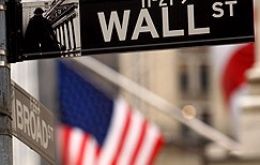
Wall Street investment banks downplayed the risks of an Argentine default even with lower soy prices, a slowing down of the economy and soaring inflation. The announcement from Morgan Stanley, UBS and Barclays Capital follows weeks of speculation that Argentina was technically on the verge of another financial disaster.
-
Monday, September 1st 2008 - 21:00 UTC
Corporate Argentina criticizes gov for double digit inflation

With August gone and inflation estimates for the month in the range of 1.6 to 2.2% corporate Argentina has joined the bandwagon and is warning about the impact of double digit prices for consumers, industry and unions trigger clauses.
-
Sunday, August 31st 2008 - 21:00 UTC
Darling backtracks on claim that economic crisis is worst for 60 years
Alistair Darling took to the airwaves to “clarify” his comments in a newspaper interview, saying that he was referring to global economic conditions rather than those in Britain.
-
Sunday, August 31st 2008 - 21:00 UTC
Chile Bank Voted Unanimously to Raise Rate to 7.75%
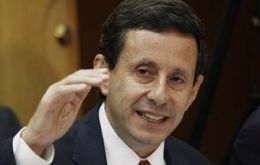
Chile's central bank policy makers voted unanimously to increase interest rates at their last meeting by half a percentage point for the third straight month.
-
Saturday, August 30th 2008 - 21:00 UTC
Japan unveils ambitious stimulus plan and tax breaks
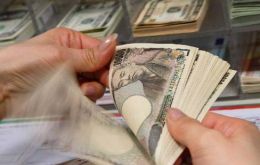
The Japanese government unveiled on Friday a policy package worth about 107 billion US dollars in an effort to stimulate the country's faltering economy by easing the negative impact from rising energy and raw material costs.
-
Saturday, August 30th 2008 - 21:00 UTC
Food prices set to keep rising forecasts head of FAO
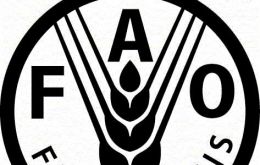
Current falls in commodity and food prices could be temporary and have not reduced concerns over their impact on developing nations, the head of the United Nations' Food and Agriculture Organisation (FAO) said on Friday.
-
Saturday, August 30th 2008 - 21:00 UTC
Euro zone inflation eases but economic confidence is down
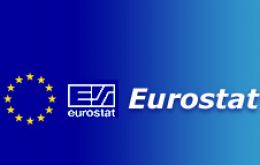
Separate figures have shown as easing of inflation in the Euro zone, but a fall in economic confidence. An initial estimate from EU statistics agency Eurostat showed that the annual rate of inflation eased in August to 3.8% from a record 4% in July as oil prices cooled.
-
Friday, August 29th 2008 - 21:00 UTC
Land Rover imposes four day week to cut production

Land Rover has announced plans to cut production at its Solihull plant in England, including the introduction of a four-day week on some lines. Discoveries and Land Rover Sport models will no longer be manufactured on Fridays
